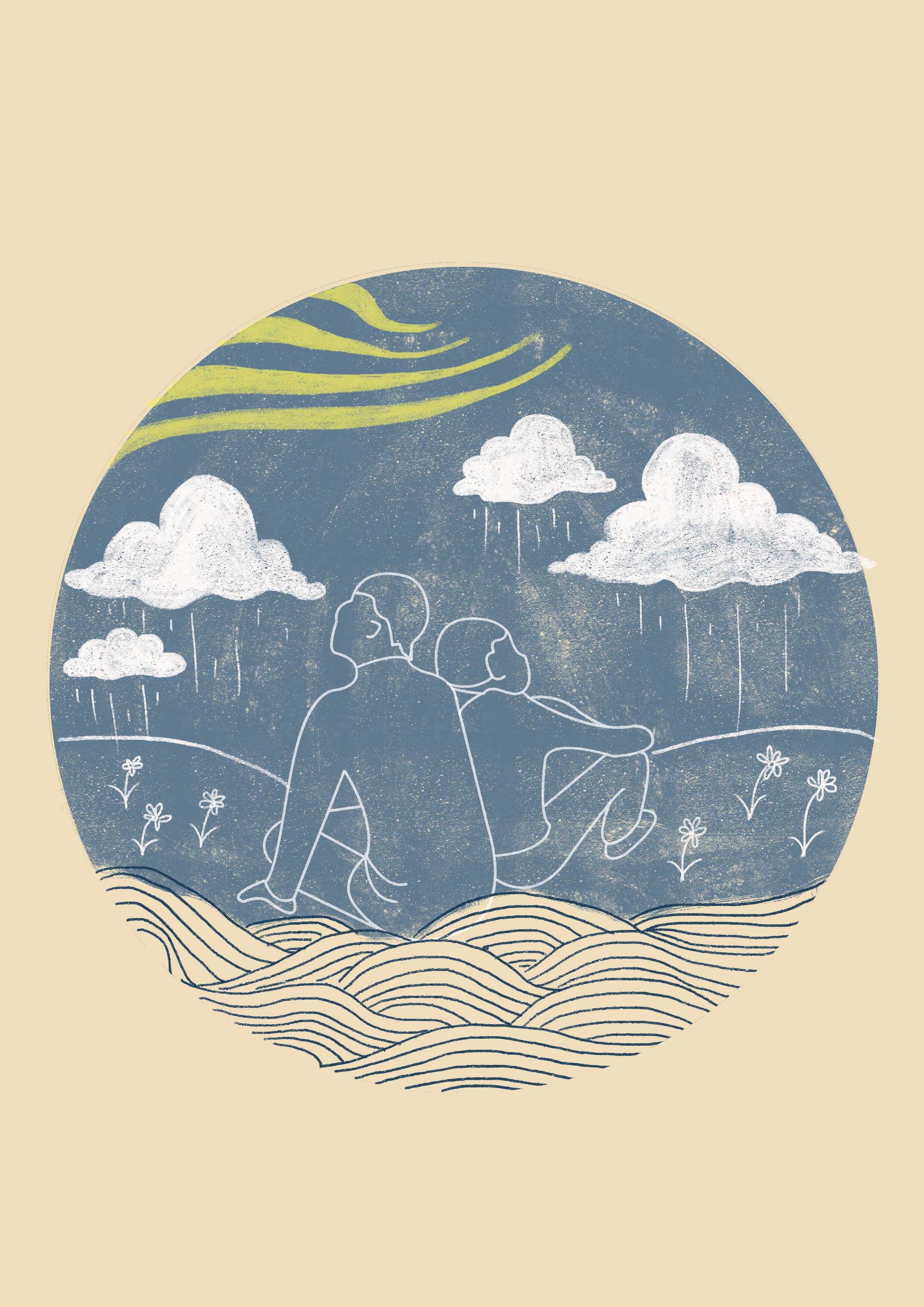“The unconscious is a powerful determinant of behavior,” writes psychologist Bruno Bettelheim in The Uses of Enchantment. The unconscious can be a bottomless pit, at some point a treasure trove, of the unknown: there are characteristics that are yet to be revealed, repressed desire and past experiences unknowingly thrown in this deep hole.
No amount of scientific research can fully explain what goes on in the unconscious. Past academic jargon, people seek simpler ways to understand their personalities. Recently, a cube personality video test posted by BuzzFeed went viral, with people attesting its accuracy. The said test is an example of a Kokology quiz.
Kokology is the study of the kokoro, which means “mind” in Japanese. It is a series of psychological games created by Tadahiko Nagao and Professor Isamu Saito of Rissho University in 1998. Much like the Rorschach test, it attempts to define known traits and unravel unknown characteristics of a person through random questions. At times, Kokology may require you to draw or write in detail as some interpretations rely on the details of your answers.
[one_half padding=”5px 5px 5px 5px”]

[/one_half]
[one_half_last padding=”5px 5px 5px 5px”]
[blockquote] Kokology’s main goal is to open your inner eye and see your true self. [/blockquote]
[/one_half_last]
In Kokology 2, Professor Saito mentions that Kokology is designed after psychological principles from the West. This includes the works of Sigmund Freud and Carl Jung. For Professor Saito, creating Kokology brings those principles closer to people without the psychological jargons.
The questions in Kokology are designed to be simple and fun in order to elicit answers on the top of your mind. There are no right or wrong remarks—as long as you answer the questions honestly. The queries also require you to keep an open mind, as the interpretations might be surprisingly true, albeit somehow clashing with how you already perceive yourself.
While Kokology may be popular for its situational questions, it also relies heavily on symbols in explaining characteristics and relationships. For instance, an item requires you to think of what to say to a mountain. The interpretation then reveals that the words you thought of are actually what you want to say to your father. Another example asks you to choose between a baby whale swimming behind its mother, a baby whale snuggling against its mother, a baby whale swimming with both parents, and a baby whale swimming alone. That item aims to illustrate your degree of independence and your relationship with your parents.
The interpretations may be quite astonishing or appalling, but Kokology maintains an amusing way to understand the self. In the end, Kokology’s main goal, according to Professor Saito, is to open your inner eye and see your true self.
This story was originally published in Northern Living, September 2016.












































